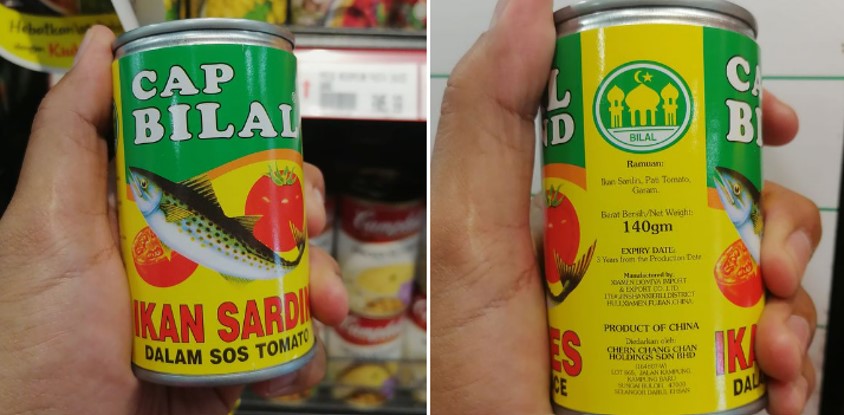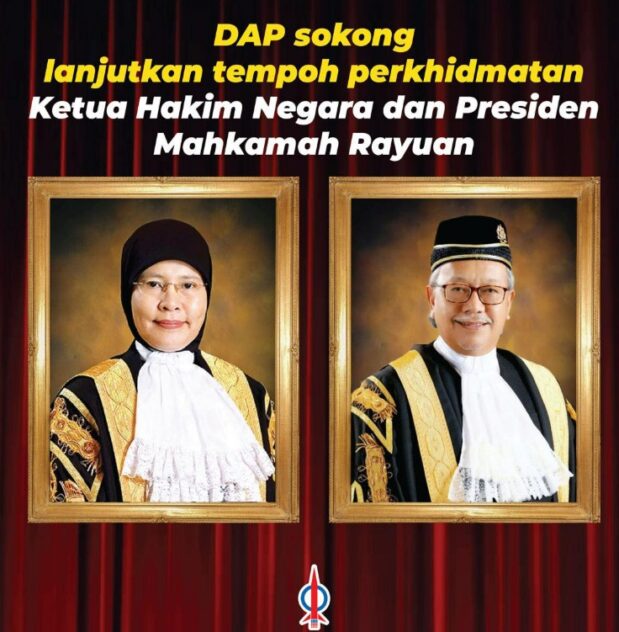A PRODUCT’S branding carries strong messages of identity, values and market reach. Hence, it is a constant bugbear for many Muslim consumers to find food products packaged with all sorts of misleading emblems and messages.
This was highlighted in a post by Facebooker Amrul Azmi Mizan showing a can of Cap Bilal sardines which used Islamic iconography – a mosque, minarets and a crescent moon to be precise – in its branding.
A quick flip of the tin showed that the sardines were manufactured by Xiamen Domiya Import and Export Co Ltd based in Fujian, China. The product is distributed locally by Chern Chang Chan Holding Sdn Bhd which is based in Sungai Buloh, Selangor.
The poster lamented that while many non-Muslims were up in arms when Jawi was introduced into the education syllabus, they have no qualms using Islamic iconography to entice Muslim consumers.
He went on to contend that local Muslims do not protest in front of the factory but merely voiced their grouses on social media. At most, this will lead to a boycott until the offending parties are shame-faced into an apology.
This being a long-standing issue and with halal status being a touchy subject, the post generated plenty of comments.
One netizen mooted the idea of different coloured halal logos to denote ownership of the business, ie green for Muslim-owned enterprises, non-Muslim owned businesses (red) and jointly owned ventures (blue). “The right to choose is the customer’s prerogative,” he asserted.

One did suggest the possibility that the manufacturer in China was a Muslim-owned entity.

Quite a few commenters jumped on the subject of introduction of Jawi in national schools, lamenting that it was such a minor part of a syllabus yet the opposition to it was deafening. But there seems to be no issue about using the script to sell products.
One even wondered why the manufacturer/distributor did not consider using “Chinese temples, Kung Fu masters or the Great Wall of China as part of its branding”.


Another netizen commented that the bottom line was price and affordability. Rest, as the poster intimated, was just hot air on social media.

One netizen also cautioned against buying cheaper brand sardines as they are more likely to be of inferior quality in that they contain lots of preservatives and other harmful materials.

It was also pointed out that while Muslim consumers were free to avoid buying such products, the problem becomes much more difficult when widely utilised by eateries as it was cheap.

While the discussion quickly degenerated into a “Us vs Them/Muslims vs Kafir (infidel)” narrative, one netizen made a pointed observation that the scenario exits simply because the powers-that-be allow it to.

As pointed out by many netizens, this practice of using Islamic iconography to mislead consumers is unethical. One hit the nail on the head with his succinct remark about riding on the coattails of religion. – Oct 1, 2024










